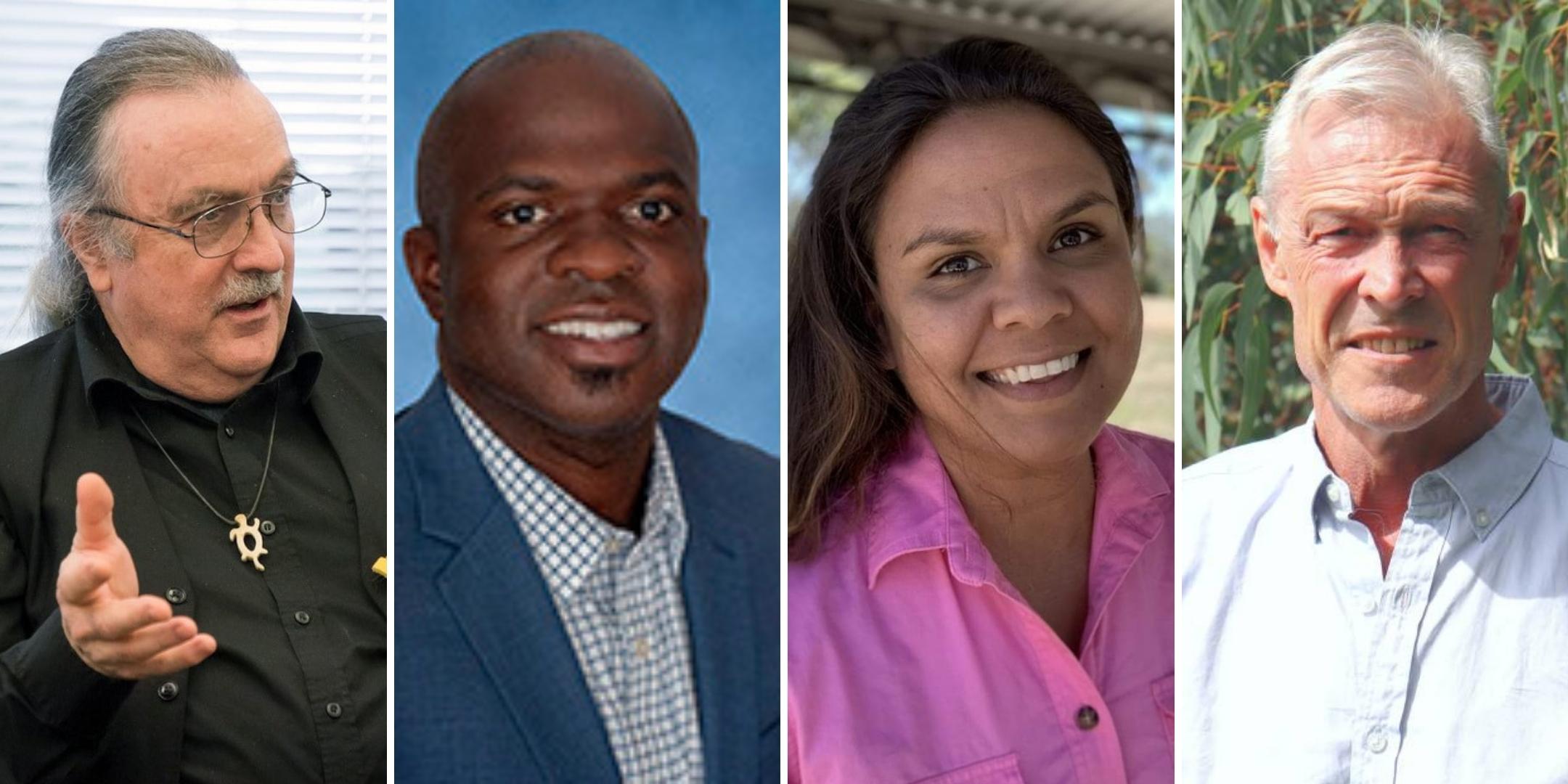Equity, Justice and Indigenous-Settler Relations in Food Systems Governance in Canada, Australia, and the United States
- Tuesday 14 June, 7.30-9pm – Ottawa, Canada (EDT)
- Wednesday 15 June, 9.30-11am – Sydney, Australia (AEST)
- Wednesday 15 June, 7.30-9am – Perth, Australia (AWST)
This event will explore the issues of equity and inclusion, as well as Indigenous/settler relations, in food system governance, comparing the three national contexts of Canada, the US, and Australia.
In this context, food systems governance includes, but is not limited to, policy, laws, and regulations that shape and influence the nature and orientation of our food systems. It also includes the implicit practices, customs and assumptions related to who and what are considered part of the food system, who should be included in decision-making, and in what ways.
Themes to be explored include:
- What does ‘equity’, ‘inclusion’ and ‘participation’ in food policy governance by Black, Indigenous and People of Colour (BIPOC) mean for these communities?
- How does the presence (or absence) of treaties impact Indigenous Peoples’ participation in food system governance? Are there effective models of engagement and collaboration with Indigenous communities in food system governance?
- How can the role of BIPOC communities and organisations in food system governance be strengthened?
Agenda
7.30-7.35pm (EDT)Â – Welcome to Country
7.35-8.05pm – Panel presentation
8.05-8.25pm – Panel invited to respond to pre-set questions
8.25-8.50pm – Q&A with the audience
8.55-9.00pm – Closing remarks
Speakers
Larry McDermott, Member, Shabot Obaadjiwan First Nation, and Executive Director, Plenty Canada
Larry McDermott is Algonquin from Shabot Obaadjiwan First Nation, and is the Executive Director of Plenty Canada. Larry is currently a member of numerous organizations including the International Indigenous Forum for Biodiversity, the Conservation through Reconciliation Partnership (CRP), Ontario Biodiversity Council, the Ontario Professional Foresters Association, the Healing Place partnership, the Indigenous Circle of the Canadian Biosphere Association, and serves as co-chair of the Lanark County Safety and Well-Being Plan. A former three-time Mayor and long-time council member of Lanark Highlands, was the first Chair of the Rural Forum of the Federation of Canadian Municipalities, was a Commissioner for the Ontario Human Rights Commission, and was on the Ontario Species at Risk Public Advisory Committee and provincial and national recovery teams for the American Eel. Larry also served as a comprehensive claim representative for Shabot Obaadjiwan First Nation, is a certified tree marker and butternut assessor, and holds other environmental certifications. He has also received an Honorary Doctorate of Laws from the University of Guelph. Larry was a humble student for many years of the late Algonquin Elder, Grandfather William Commanda, who created the Circle of All Nations organization. Larry lives in a 170-year-old log home on 500 acres of biologically diverse Algonquin land along the Mississippi River with his wife Nancy.
Darriel Harris, Johns Hopkins Centre for a Livable Future, Baltimore, Maryland
Darriel Harris, PhD, is a graduate of Johns Hopkins University Bloomberg School of Public Health. His research interests are in faith-based health communications, neighborhood related health factors, social determinants of health, and food systems. Darriel worked for the Center for a Livable Future as project coordinator for the Baltimore Food and Faith Project before matriculating as a PhD student. Over the past 8 years, Dr. Harris has worked in various aspects of the food system, including consulting with municipalities around equity food systems issues, managing an urban farm, and engaging in food related policy. In addition to his PhD, Darriel holds a BS degree in Electrical Engineering from Morgan State University, an MA in Organizational Management from The George Washington University, and a Masters of Divinity degree from Duke University. He is an ordained minister in the American Baptist Church and currently serves as senior pastor of Newborn Community of Faith Church in Baltimore, Md.
Madeline Anderson, Yued descendant born in Whaduk country and Noongar Land Enterprise Group Chairperson
Madeline Anderson is a Yued descendant born on Whaduk country. Since 2016 she has been a board member of Beemurra Aboriginal Corporation and recently appointed Chairperson of Noongar Land Enterprise. Madeline plays a key role in Beemurra as the business manager and endeavours towards growing the business. Her career background in the past 10 years has been hugely focused in Aboriginal policy development and wellbeing services across the government sector. After returning back to her grandmother’s country four years ago, she has been progressing towards a better understanding of the cattle business, employment opportunities in her community and learning about sustainable ways in caring for country (regenerating soils).
Alan Beattie, CEO, Noongar Land Enterprises Group
Alan is the CEO of the Noongar Land Enterprise Group (NLE). Alan is a recognised industry leader, having held a number of senior roles in Government, the Not for Profit and private sector since 1997. In 2013 Alan was awarded the Asia Pacific Enterprise Corporation (AP-EC) Asia Pacific Enterprise Leadership Awards (APELA) Social Service Award. Alan has well developed leadership, management, and people skills, demonstrated through repeated successful government, businesses and consultancy projects focused on Indigenous issues/projects and social enterprise. He has extensive community and stakeholder engagement knowledge and expertise.
Alan commenced as the CEO of NLE in April 2020, prior to this he was:
- Director / CEO – People Places Planet
- Social Enterprise Manager – Holyoake
- Community and Economic Development Manager (Nauru) – Connect Settlement Services
- CEO – Nyaarla Projects and MADALAH Limited
- Regional Manager (Broome) – Aboriginal and Torres Strait Islander Commission.
Chair: Dominique Chen, Lecturer, Queensland College of Art, Griffith University.
WEDNESDAY 15 JUNE, 9.30 – 11am AEST
Tuesday 14 June, 7.30-9pm – Ottawa, Canada (Eastern Daylight Time)
Wednesday 15 June 9.30-11am – Sydney, Australia (Australian Eastern Standard Time)
Wednesday 15 June 7.30-9am – Perth, Australia (Australian Western Standard Time)
This event is being held online only.
This event is hosted by Sydney Health Law at The University of Sydney Law School.
This is the second event in a series on Participatory Food Systems Governance, with the first taking place on June 2/3. Find out more.

